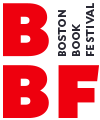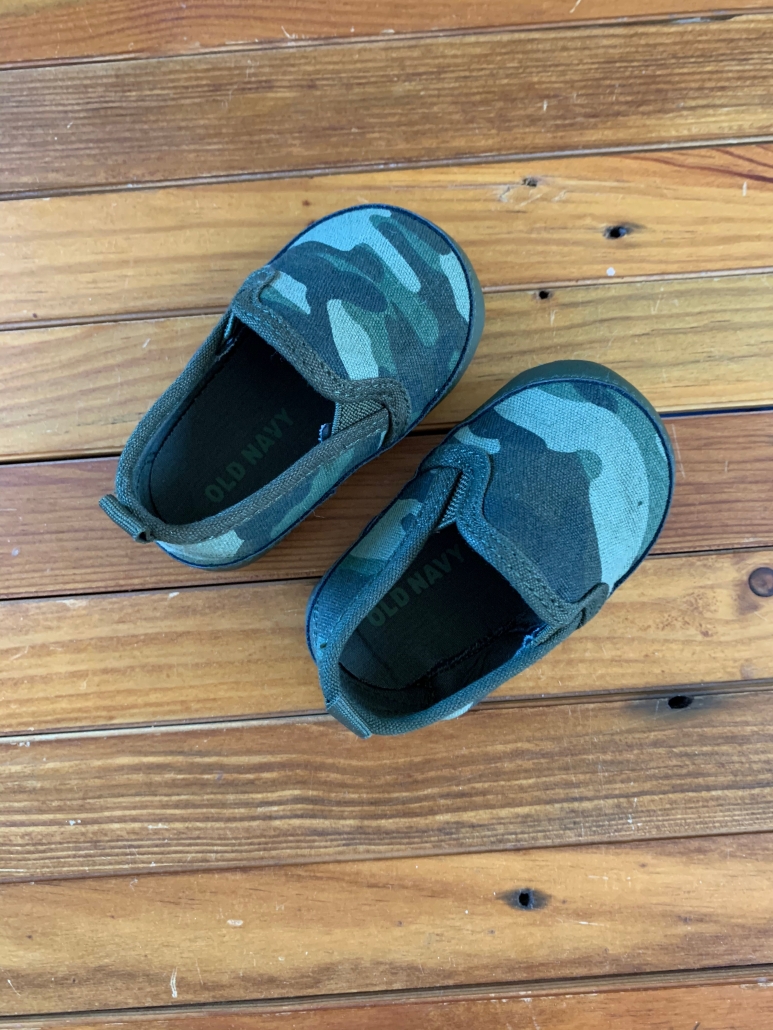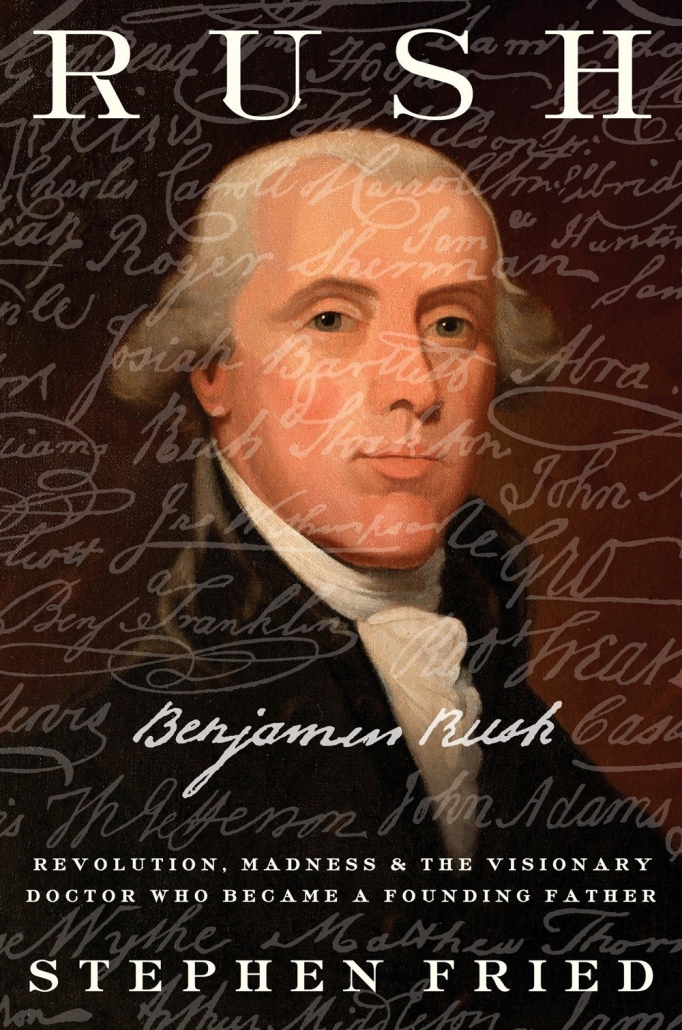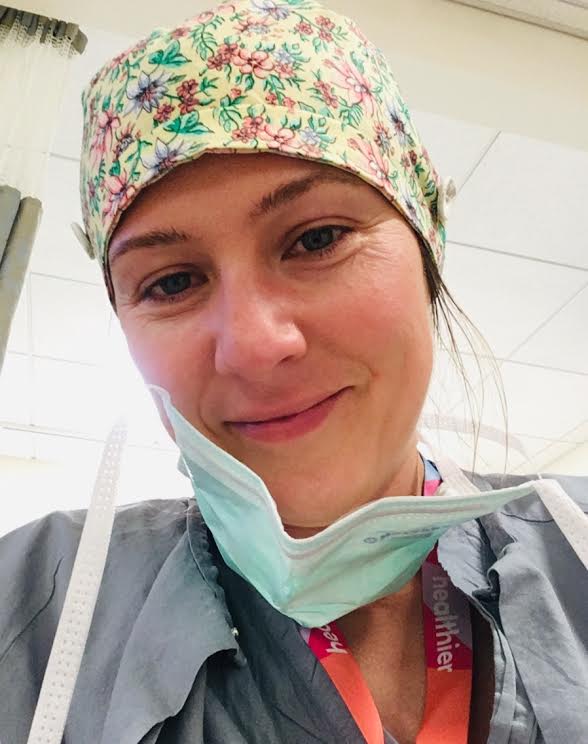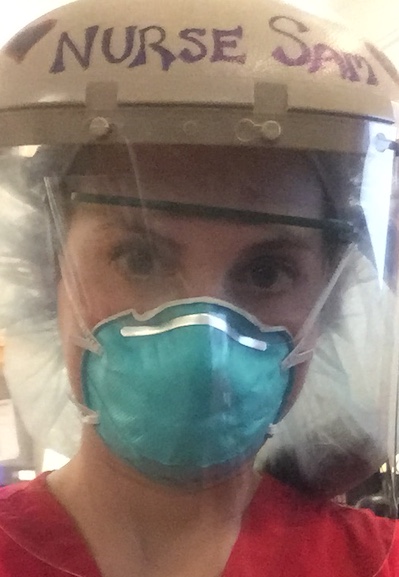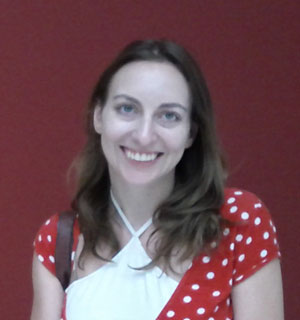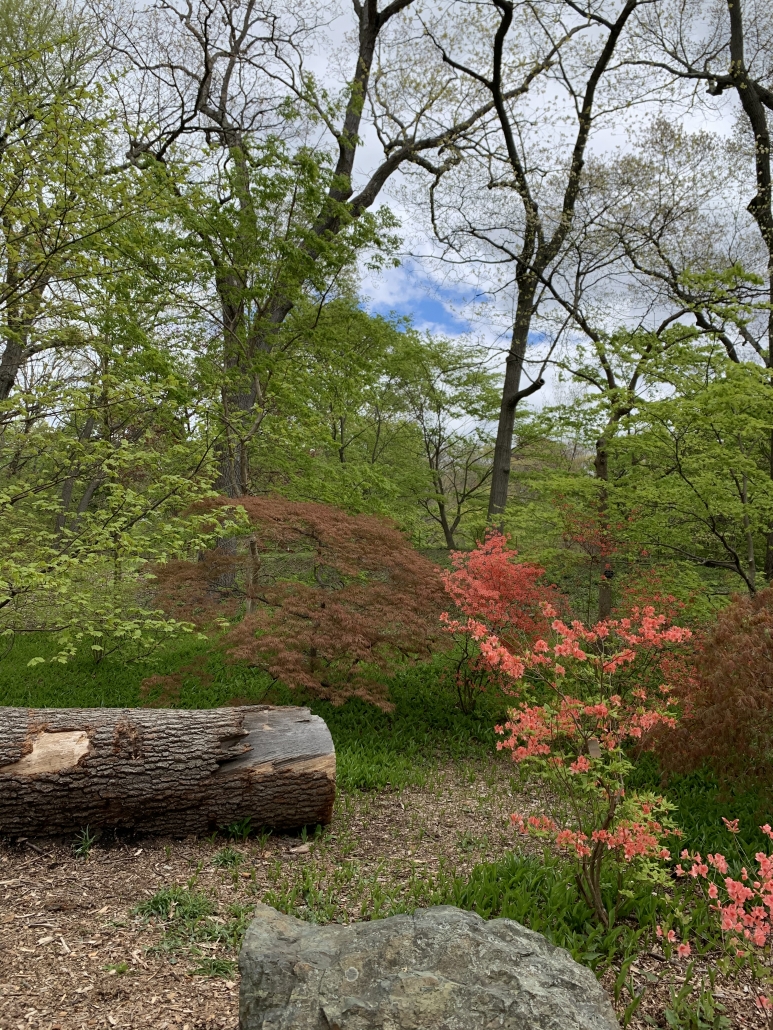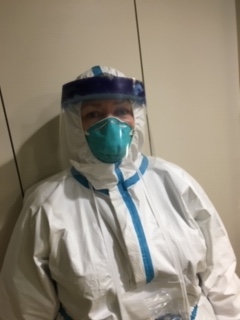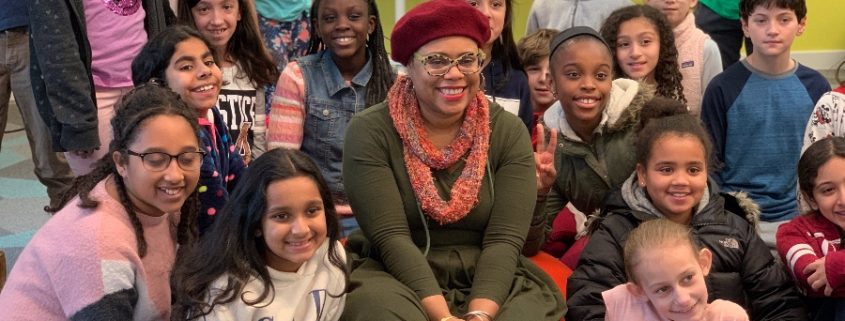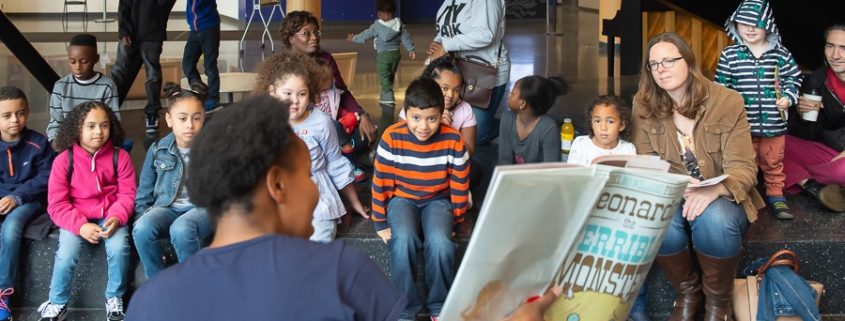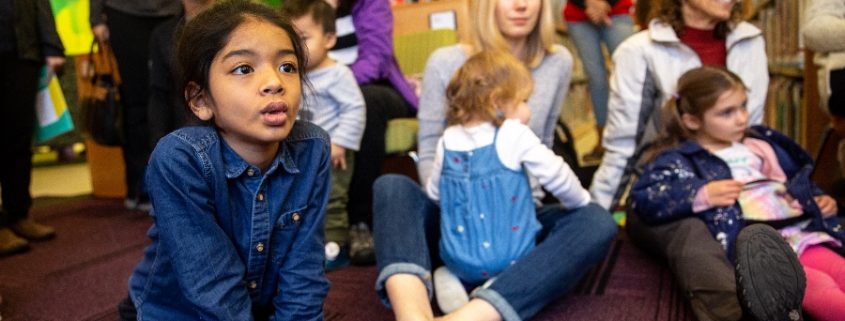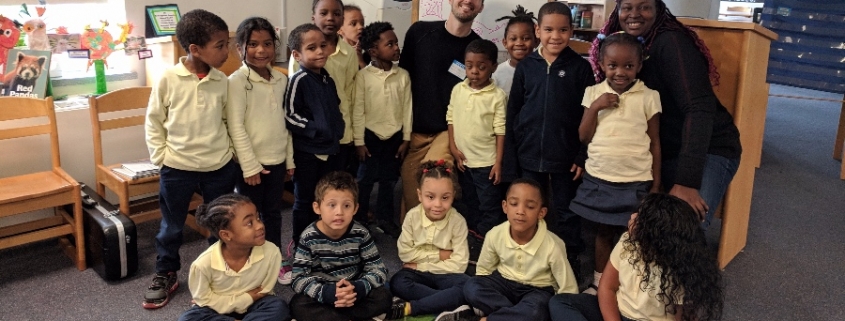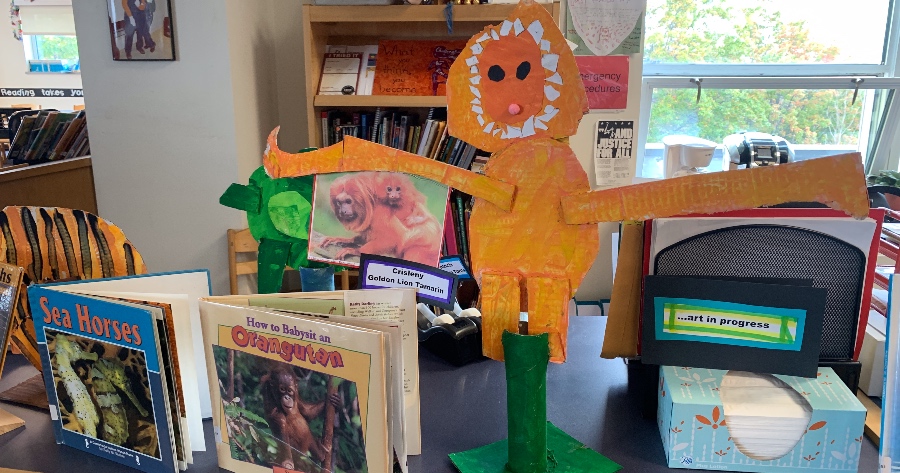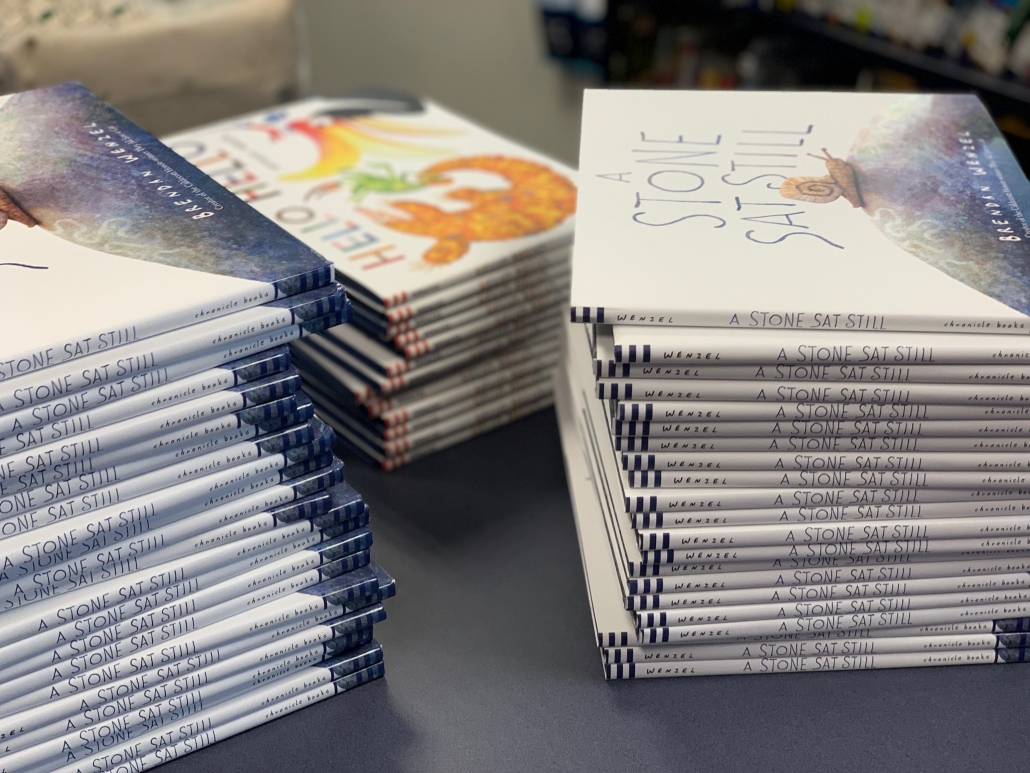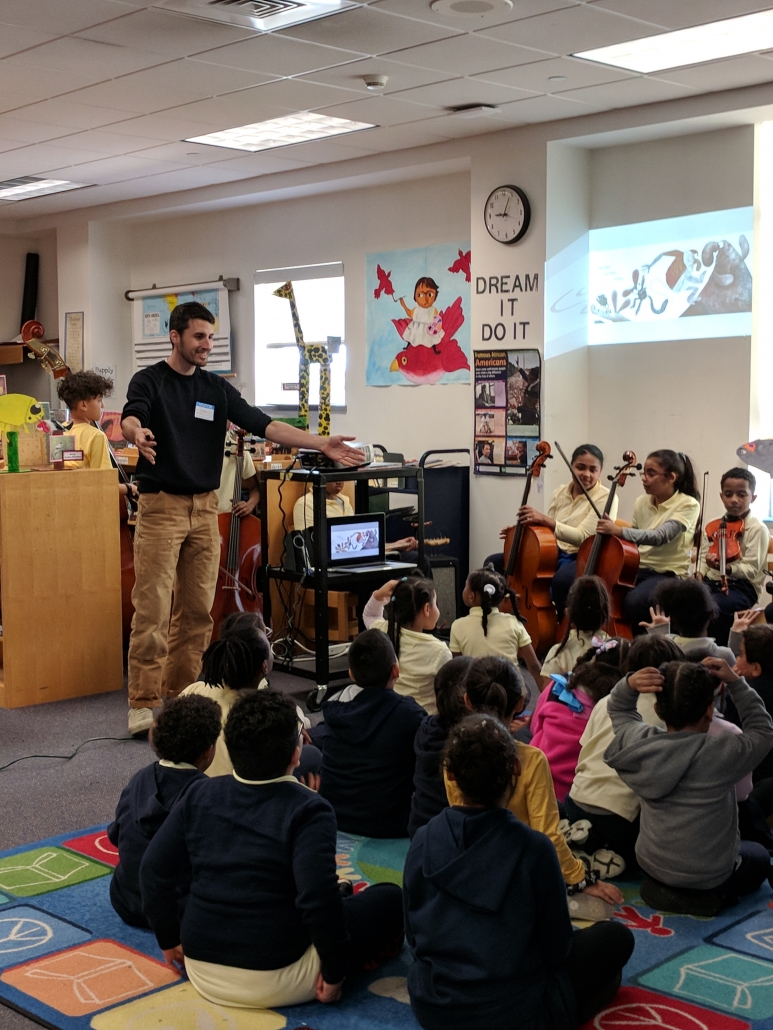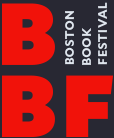BBF 2020: Fiction and Memoir
This week’s lineup announcement is all about writers who craft great stories—from hair-raising horror and suspense to tales of magic, from elaborate revenge plots to true stories that trace the patterns of a life. Get to know our fiction and memoir presenters, and make plans to join their fascinating conversations—on screen or through your headphones—this October!
Memoir
We will be producing this year’s memoir sessions as a series of four audio-only sessions consisting of brief interviews that will illuminate these writers’ captivating stories.
On the theme of Extraordinary Beginnings, memoirists Megan Margulies (My Captain America) will speak about her relationship with her grandfather, a pioneering cartoonist. Indie musician Mikel Jollett (Hollywood Park) recounts his childhood before and after escaping from a cult. And poet Honor Moore (Our Revolution) uses letters, scrapbooks, and interviews to reconstruct the complex, contradictory life of her mother.
Three memoirists recall their academic and professional development in Intellectual Histories. Novelist Claire Messud (Kant’s Little Prussian Head) uses a series of essays to interrogate her own childhood and to explore her relationships with family members and with the work of authors who have shaped her own writing. Influential psychologist Howard Gardner (A Synthesizing Mind) offers insights into his background as well as into the development and continued refinement of his famous multiple intelligences theory. And technology advocate Rana el Kaliouby (Girl, Decoded) writes both an immigration memoir and a passionate argument for her professional work: an emotionally informed artificial intelligence.
Three writers confront emotional trauma and resilience in Secrets, Lies, and the Mysteries of Youth. In her second family memoir, Helen Fremont (The Escape Artist) takes on her family’s history of hiding secrets at all costs. In his latest memoir, Nick Flynn (This Is the Night Our House Will Catch Fire) connects his unhappiness as an adult with his mother’s depression and eventual suicide when Flynn was a child and young man. And poet Betsy Bonner (The Book of Atlantis Black) addresses her sister’s disappearance in a dramatic and innovatively structured memoir.
And finally, three memoirists offer their unique reflections on race and identity. E. Dolores Johnson (Say I’m Dead) traces five generations of interracial relationships. Sejal Shah (This Is One Way to Dance) brings together linked essays on culture, language, and identity as she recounts her experience “growing up Indian outside of India.” And Issac J. Bailey (Why Didn’t We Riot?) combines personal memoir with social commentary as he calls out the racism and hypocrisy at the heart of what he calls “Trumpland.”
Fiction
Just in time for dark and spooky evenings this fall, we have a star-studded horror/suspense fiction panel, featuring Stephen Chbosky (Imaginary Friend), Joe Hill (Full Throttle), Paul Tremblay (Survivor Song), and Jen Waite (Survival Instincts).
Continuing the Halloween theme, the session “Witches and Other Bad Heroines” brings together four novelists whose work explores female transgression, revenge, and empowerment: Quan Barry (We Ride Upon Sticks), Emily M. Danforth (Plain Bad Heroines), Layne Fargo (They Never Learn), and Alix Harrow (We Were Once Witches).
Three novelists take varied approaches to recasting fairy and folk tales in their latest work. Gregory Maguire (A Wild Winter Swan) sets a Hans Christian Andersen tale in 1960s New York. Andrea Hairston (Master of Poisons) weaves elements of African folktales into her latest epic fantasy. And SL Huang (Burning Roses) merges Chinese mythology and European fairy tales in her latest novella.
Finally, we present a riveting conversation between two novelists whose latest work grapples with the all-too-real emergency of climate change: Lydia Millet (A Children’s Bible) and Jenny Offill (Weather).
And, as an update to an earlier announcement, debut novelist Asha Lemmie (Fifty Words for Rain) will be joining our Reading Like a Writer lineup.
Stay tuned, and check back often on our presenters page for more announcements and updates!
